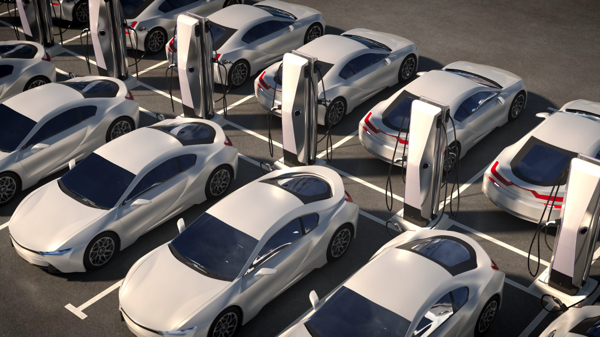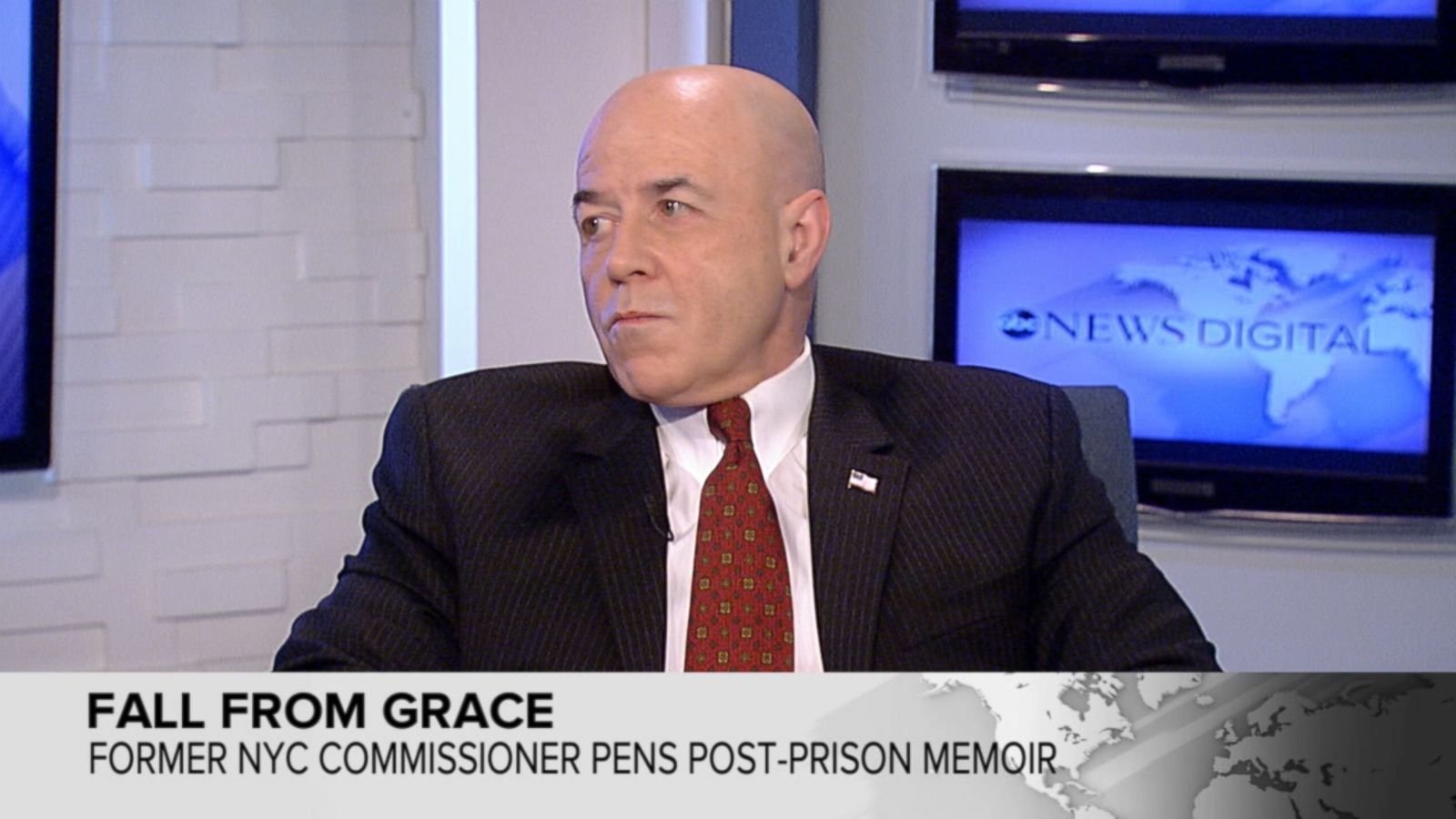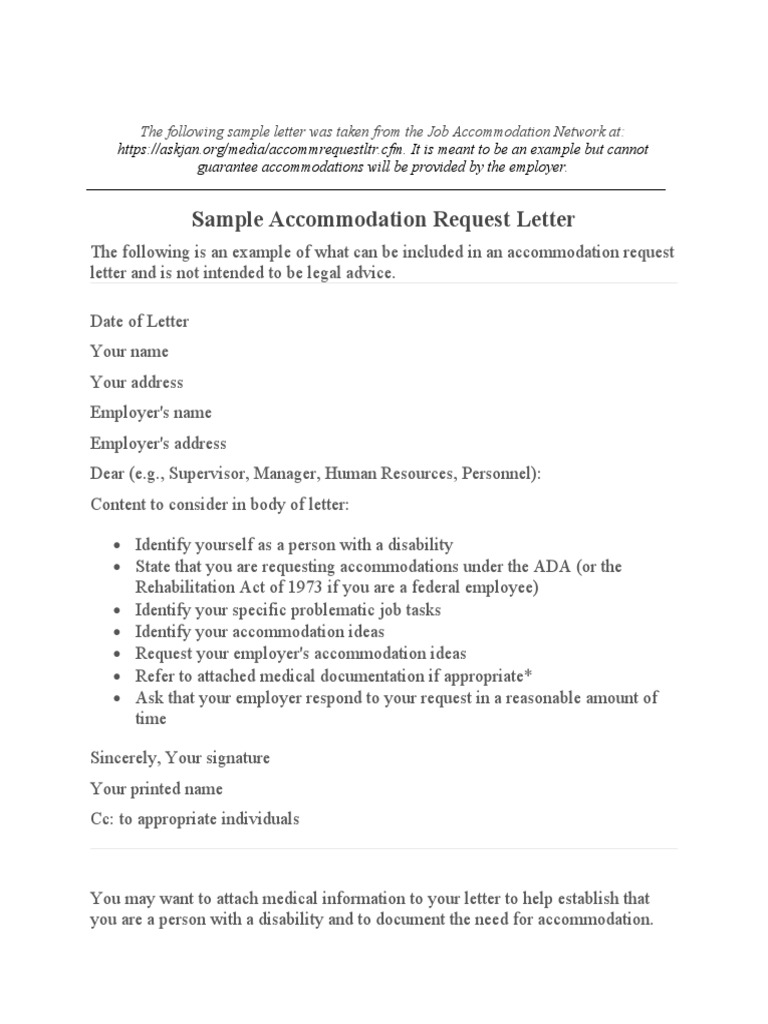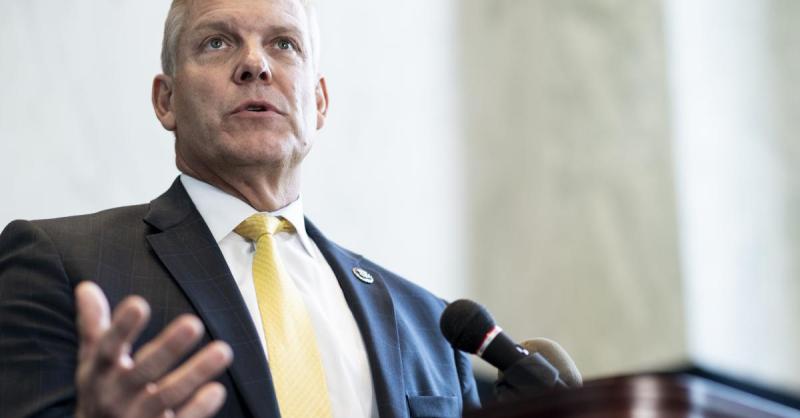Car Dealers' Resistance To EV Mandates: A Deeper Look

Table of Contents
Financial Concerns and Infrastructure Limitations
One of the primary drivers of car dealers' resistance to EV mandates is the substantial financial investment required to adapt to the EV market. Transitioning to EV sales and servicing necessitates significant upfront costs. Dealerships must invest in specialized tools and equipment for EV repair and maintenance, which differ significantly from those used for internal combustion engine (ICE) vehicles. Furthermore, training technicians to work on EVs requires dedicated programs and expertise, adding to the overall expenditure.
Perhaps the most visible challenge is the infrastructure needed to support EV sales. Installing EV charging stations at dealerships is expensive, and the return on investment is uncertain, especially given the relatively lower service revenue associated with EVs compared to gasoline cars. EVs require less frequent and less extensive maintenance, impacting the traditional revenue streams of service departments.
- High cost of installing EV charging stations: The initial investment can be prohibitive for many dealerships, particularly smaller ones.
- Need for specialized training for mechanics: Acquiring the necessary expertise to service EV components is time-consuming and expensive.
- Potential for decreased service revenue due to lower EV maintenance needs: This impacts a key profit center for many dealerships.
- Uncertainty around future EV sales and demand: Dealers are hesitant to invest heavily without a clear understanding of future market demand.
- Lack of government support or insufficient incentives for dealers to adapt: Many dealers feel that governmental support hasn't adequately addressed their financial burdens.
Consumer Demand and Market Readiness
Another factor contributing to car dealers' resistance to EV mandates is the current state of consumer demand and market readiness for EVs. While EV sales are growing, they still represent a smaller portion of the overall automotive market compared to gasoline vehicles. This presents challenges for dealerships in terms of inventory management and sales strategies.
Several factors hinder widespread EV adoption:
- Limited consumer awareness of EV benefits: Many consumers remain unaware of the advantages of EVs, including lower running costs and environmental benefits.
- Range anxiety as a major barrier to adoption: Concerns about running out of charge before reaching a charging station remain a significant obstacle.
- Lack of public charging infrastructure in many regions: Inadequate charging networks, especially in rural areas, deter potential EV buyers.
- Higher initial purchase price of EVs compared to ICE vehicles: The higher upfront cost of EVs compared to gasoline vehicles remains a significant barrier for many consumers.
The Role of Government Policies and Incentives
Government policies play a critical role in shaping the transition to EVs. Effective policies are essential to alleviate the concerns driving car dealers' resistance to EV mandates. However, the current landscape is inconsistent, with varying levels of support and differing regulatory frameworks across regions. This inconsistency creates uncertainty for dealerships, making it difficult to plan for long-term investments.
- Inconsistency in government incentives and regulations across regions: A more standardized, nationwide approach would provide greater clarity and encourage investment.
- Need for more comprehensive consumer education programs: Government-led initiatives to educate consumers about the benefits of EVs are crucial.
- Importance of addressing charging infrastructure gaps: Significant investment in public charging infrastructure is needed to overcome range anxiety.
- Role of government in streamlining the EV transition process: Governments can play a crucial role in simplifying regulations and providing support for dealerships adapting to the EV market.
The Future of the Dealership Model in the EV Era
The shift to EVs necessitates a re-evaluation of the traditional car dealership model. Dealerships will need to adapt to evolving consumer expectations and new business models. This might involve:
- Adoption of new digital sales and marketing strategies: Online sales and virtual showrooms are becoming increasingly important.
- Development of specialized EV service departments: Dealerships will need dedicated staff and equipment to service EVs effectively.
- Diversification into new revenue streams, such as energy services: Partnerships with energy companies to offer home charging solutions or energy management services could create new revenue opportunities.
- Potential for partnerships with energy companies: Collaborations could help address charging infrastructure limitations and offer integrated energy solutions to customers.
Conclusion: Overcoming Resistance to Drive the EV Revolution
The car dealers' resistance to EV mandates stems from a complex interplay of financial constraints, consumer market realities, and the need for supportive government policies. Addressing these challenges requires a collaborative approach. Dealerships need financial incentives and clear regulatory frameworks to facilitate their transition. Simultaneously, governments must invest in charging infrastructure and educate consumers about the benefits of EVs. By fostering collaboration between policymakers, manufacturers, and dealerships, we can overcome obstacles and accelerate the adoption of electric vehicles, paving the way for a sustainable automotive future. Understanding and addressing the complexities of car dealers' resistance to EV mandates is crucial for a successful transition to electric mobility. Let's engage in open discussions to find solutions and drive the EV revolution forward.

Featured Posts
-
 Brshlwnt Yeln Qrarh Bshan Mstqbl Jwnathan Tah
May 29, 2025
Brshlwnt Yeln Qrarh Bshan Mstqbl Jwnathan Tah
May 29, 2025 -
 Open Ais 2024 Event Easier Voice Assistant Creation Tools
May 29, 2025
Open Ais 2024 Event Easier Voice Assistant Creation Tools
May 29, 2025 -
 Sigue El Real Zaragoza Eibar En Directo La Liga Hyper Motion
May 29, 2025
Sigue El Real Zaragoza Eibar En Directo La Liga Hyper Motion
May 29, 2025 -
 Pokemon Tcg Pocket Breakneck Expansion A Collectors Stress Test
May 29, 2025
Pokemon Tcg Pocket Breakneck Expansion A Collectors Stress Test
May 29, 2025 -
 Cybersecurity Alert Arcane Infostealer Infecting You Tube And Discord Users
May 29, 2025
Cybersecurity Alert Arcane Infostealer Infecting You Tube And Discord Users
May 29, 2025
Latest Posts
-
 Bernard Kerik A Life In Law Enforcement And Politics
May 31, 2025
Bernard Kerik A Life In Law Enforcement And Politics
May 31, 2025 -
 Bernard Keriks Role In New York Citys 9 11 Response And Recovery
May 31, 2025
Bernard Keriks Role In New York Citys 9 11 Response And Recovery
May 31, 2025 -
 Explore Germany Two Weeks Free Accommodation On Offer
May 31, 2025
Explore Germany Two Weeks Free Accommodation On Offer
May 31, 2025 -
 Reflecting On Bernard Keriks Leadership During And After 9 11 In New York City
May 31, 2025
Reflecting On Bernard Keriks Leadership During And After 9 11 In New York City
May 31, 2025 -
 New Residents Welcome Two Weeks Free Accommodation In Germany
May 31, 2025
New Residents Welcome Two Weeks Free Accommodation In Germany
May 31, 2025
